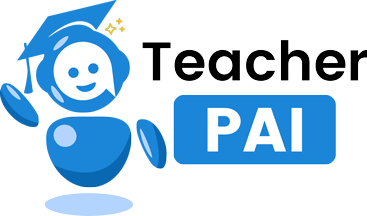"El Pueblo Se Levanta!"
The Latino Experience program model invites participants to explore the diverse histories, cultures, and contemporary issues facing Latino communities. Through six sequential phases, students connect with their cultural identity, research Latin American history and migration, examine media and representation, create expressive works, design advocacy or awareness campaigns, and share their insights in community events. The model nurtures pride, belonging, and civic awareness in Latino youth.
Goal
To deepen cultural awareness, identity development, and academic motivation among Latinx youth through culturally responsive, inquiry-based learning.
Skill Objectives
Participants will improve the following skills:
- Problem-solving skills – the ability to address challenges and opportunities faced by Latino communities across contexts
- Research skills – the ability to investigate Latino histories, languages, and contributions in society
- Management skills – the ability to design and coordinate initiatives that highlight and advance Latino experiences
Outcomes
- Increased ethnic pride and academic self-confidence
- Strengthened bilingual and bicultural communication
- Greater understanding of Latin American and Caribbean histories and contributions
- Elevated student voice through art, writing, and civic expression
- Community showcases celebrating Latinx culture and student identity
Benefits
- Academic Achievement & Peer Support – Latino students with strong co-ethnic peer networks demonstrate higher academic achievement due to increased social support, motivation, and accountability among peers (Feliciano, Robles, & Kuo, 2009).
- Culturally Responsive Instruction – Classrooms led by bilingual and Latinx-identifying educators using culturally responsive pedagogy show significantly stronger engagement and academic identity among Latinx students in NYC (Rojas & Lopez, 2021).
- Ethnic Identity & Motivation – Programs affirming Latino identity—especially those rooted in family values and community traditions—strengthen motivation, goal-setting, and long-term educational persistence (Romero et al., 2008).
References
- Feliciano, C., Robles, J., & Kuo, A. (2009). Exploring the academic benefits of friendship ties: Latino students’ co-ethnic networks and academic achievement. Journal of Ethnic & Cultural Studies, 1(2), 44–60. https://www.ncbi.nlm.nih.gov/
pmc/articles/PMC2843913/ - Rojas, R., & Lopez, P. (2021). Teacher ethnicity, bilingual instruction, and culturally responsive pedagogy in New York City Latinx classrooms. Journal of Urban Education, 35(2), 123–141. https://www.ncbi.nlm.nih.gov/
pmc/articles/PMC8357307/ - Romero, A. J., Carvajal, S. C., Vollebergh, W. A. M., & Camehs, P. (2008). The Latino Youth Survey: Ethnic identity, family relations, and academic motivation. PMC. https://www.ncbi.nlm.nih.gov/
pmc/articles/PMC2790205





